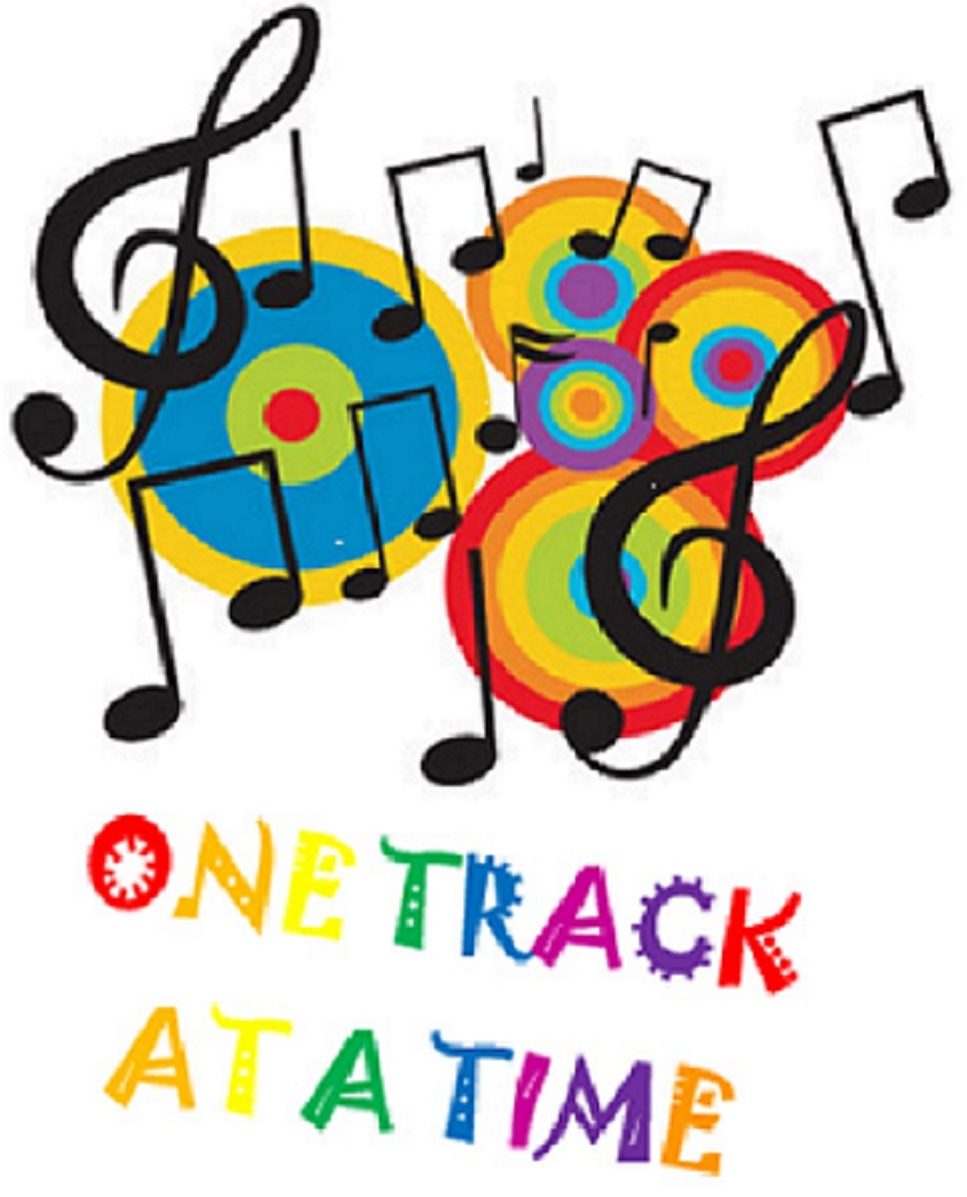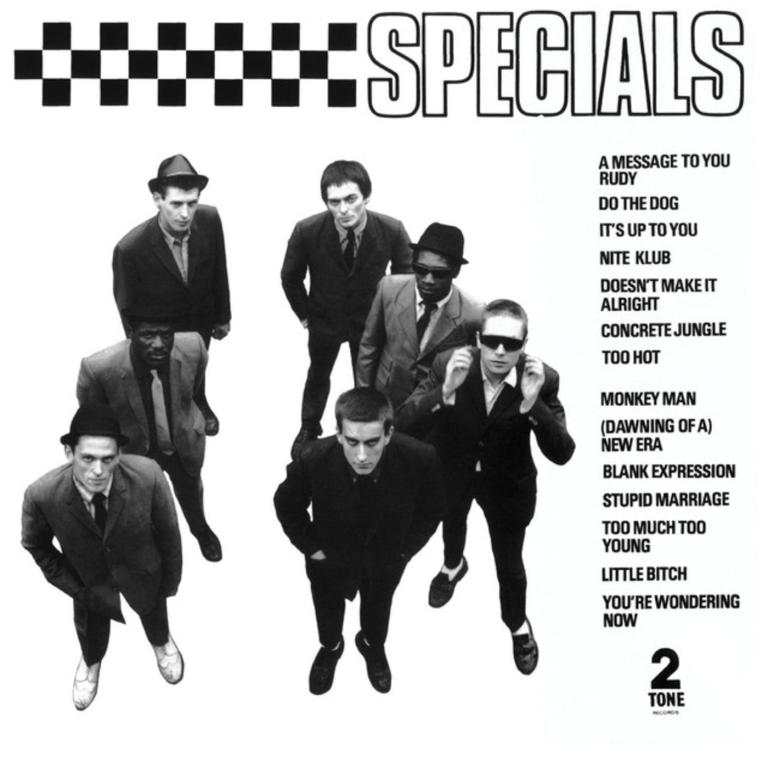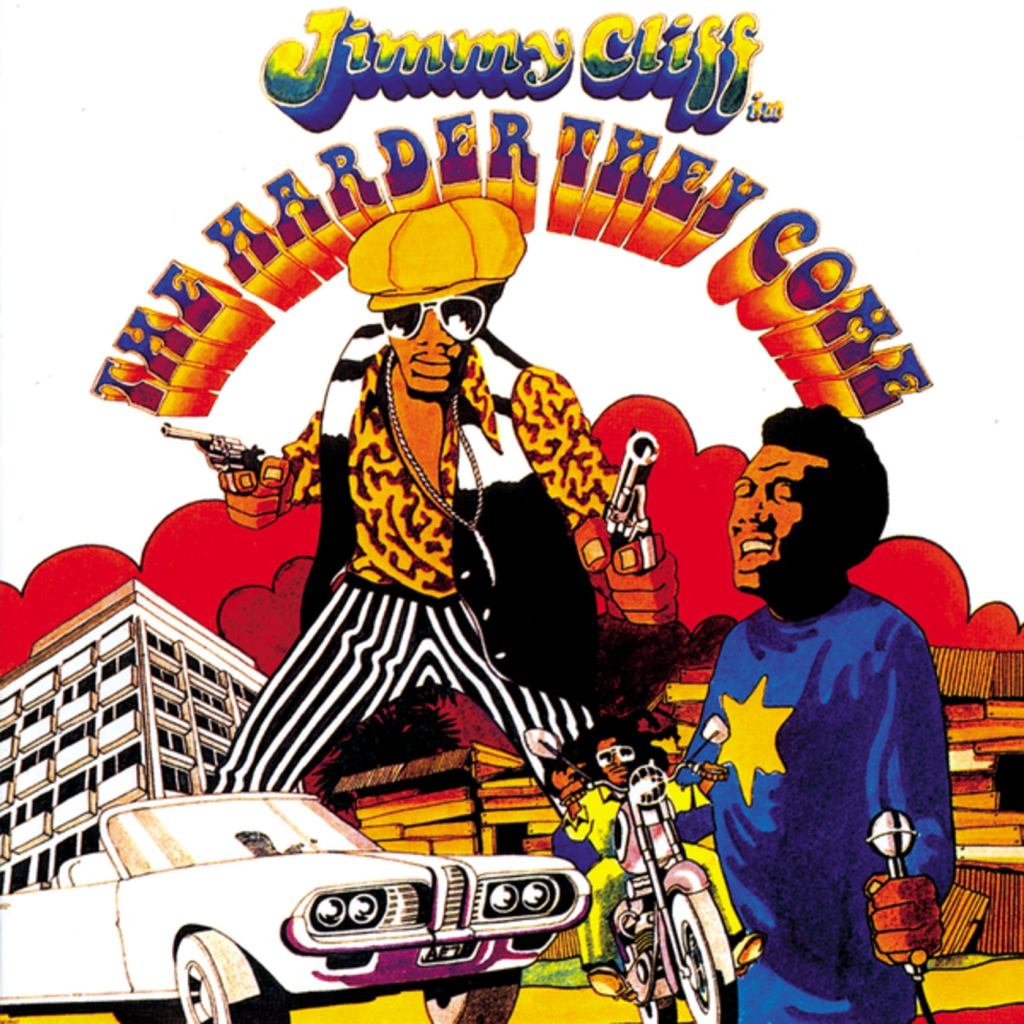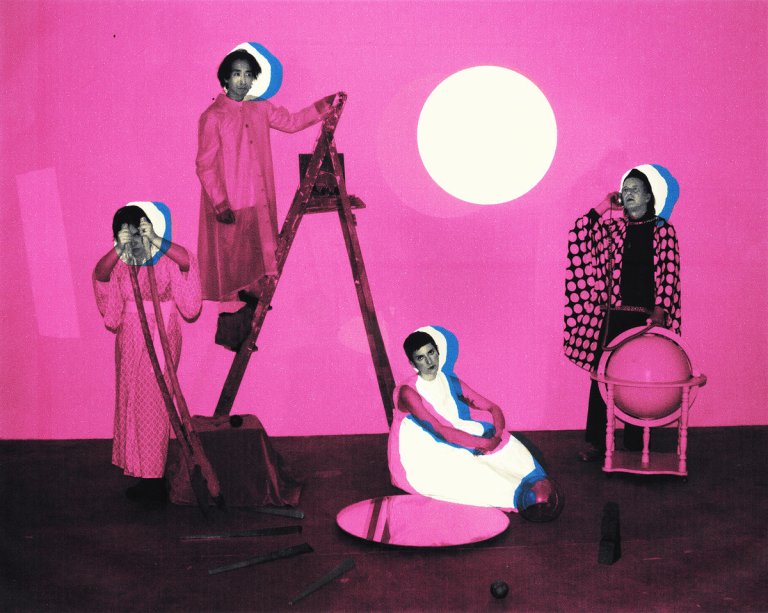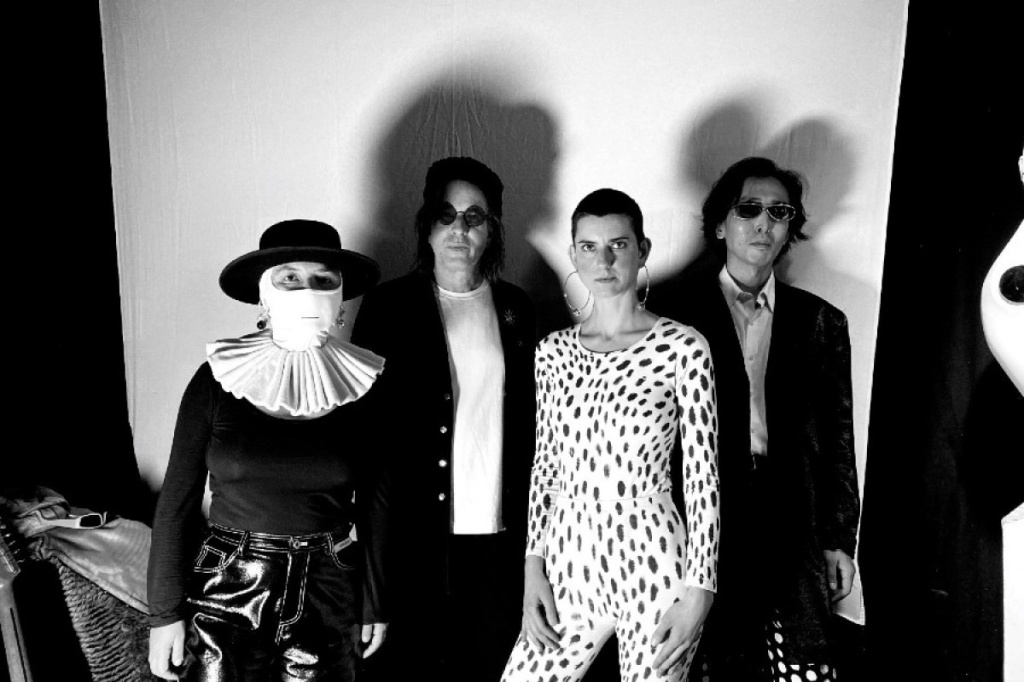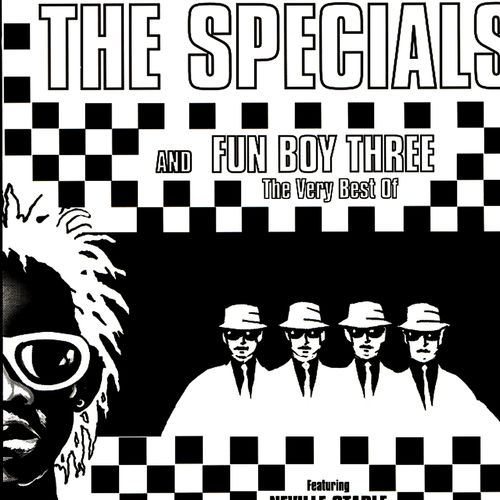
Good Morning to you! This is Jacob Braybrooke, and it’s time for us to go retro with another weekly blog entry of ‘Way Back Wednesdays’ on the site, since it’s always my day-to-day pleasure to write up about a different piece of music every day! Today, we really are going ‘Way Back’ because we are talking about the British Ska revival band The Specials, who were part of the 2 Tone and Alternative Reggae movements all of the way back in the late-70’s and they have continued to represent these styles through to the present day. I was going to see a tribute band for The Specials in Stoke-On-Trent before the pandemic hit in 2020 – which I was very much looking forward to, in a way – but, unfortunately, we know how that turned out in the end. Known for combining uplifting Dub melodies with the ferocious spirit of Punk, The Specials were formed back in 1977 when they lived in Coventry – and that is way before my time. They used to wear mod-style 60’s period ‘rude boy’ outfits complete with pork pie hats, tonic & mohair suits, and loafers on-stage, likely performing their greatest hits like ‘Ghost Town’ and ‘Too Much Too Young’ that reached #1 in the UK’s singles chart. They continued their career throughout the 80’s and 90’s under a revised line-up with an alternate name of The Specials AKA, which represented their informed political stance and their wry social commentary on British society. Most impressively, The Specials are still recording new material today, and they most recently released ‘Encore’ in 2019 – an original album that re-introduced vocalist Terry Hall to their ranks, and it was a #1 entry on the UK Albums Chart. ‘Gangsters’ was another of their classics, which was recorded in Studio One of Horizon Studios in Coventry during 1979 to be released as their first track under The Specials AKA name, and it peaked at #6 in the UK Singles Chart following release. Let’s give it a spin below.
Terry Hall created the vocals for ‘Gangsters’ by mixing an “angry” recording and a “bored” recording that were cobbled together, while Horace Panter had to re-cut the Bass parts because they were originally so extreme that they “blew the needle out of the record’s grooves” and pianist Jerry Dammers overdubbed a treble-heavy Piano instrumental on to the track to compensate for the low-end of the Bass. Lyrically, ‘Gangsters’ was allegedly written about a real-life incident where The Specials had to pay for damage caused to a hotel by another band (rumored to be The Damned) as they were held responsible, and the track is also reportedly a re-working of Prince Buster’s 1964 ska track ‘Al Capone’ because ‘Gangsters’ samples the car sound effects which played at the beginning of Buster’s track. Moreover, The Specials changed the refrain in the opening line to “Bernie Rhodes knows, don’t argue” as an insult aimed at Bernie Rhodes, who was the band’s manager for a brief stint. Taking all of these different stories into account, The Specials telling a story of dis-establihment in a bizzare way as they reference incidents like a mis-step involving a guitar above a perky variety of gently Skanting Dubplate beats and odd Middle Eastern-sounding instrumentals, while the lead vocals retain an energetic – yet eeire – delivery. The guitar melodies sound different to Al Capone’s track, and so The Specials did an excellent job of re-writing that track in their own image, with the deadpan vocals conveying a feeling of self-awareness about them. Overall, ‘Gangsters’ was a vital step in introducing The Specials’ take on British Ska to wider audiences at large by paying tribute to some nice influences in clear, yet poignant ways. The vocals have a quality of vagueness which retains an aura of mystery throughout, and the danceable Rocksteady drums are likely to encourage weird great uncle’s to partake in some questionable “jerky dancing” at some family parties. Injected with humor, darkness and youth – The Specials had a big hit on their hands when they released ‘Gangsters’.

That same year, The Specials also re-created ‘A Message To You, Rudy’ with the famous British-Jamaican saxophonist Dandy Livingstone. You can find out more about that here: https://onetrackatatime.home.blog/2020/02/06/todays-track-the-specials-a-message-to-you-rudy/
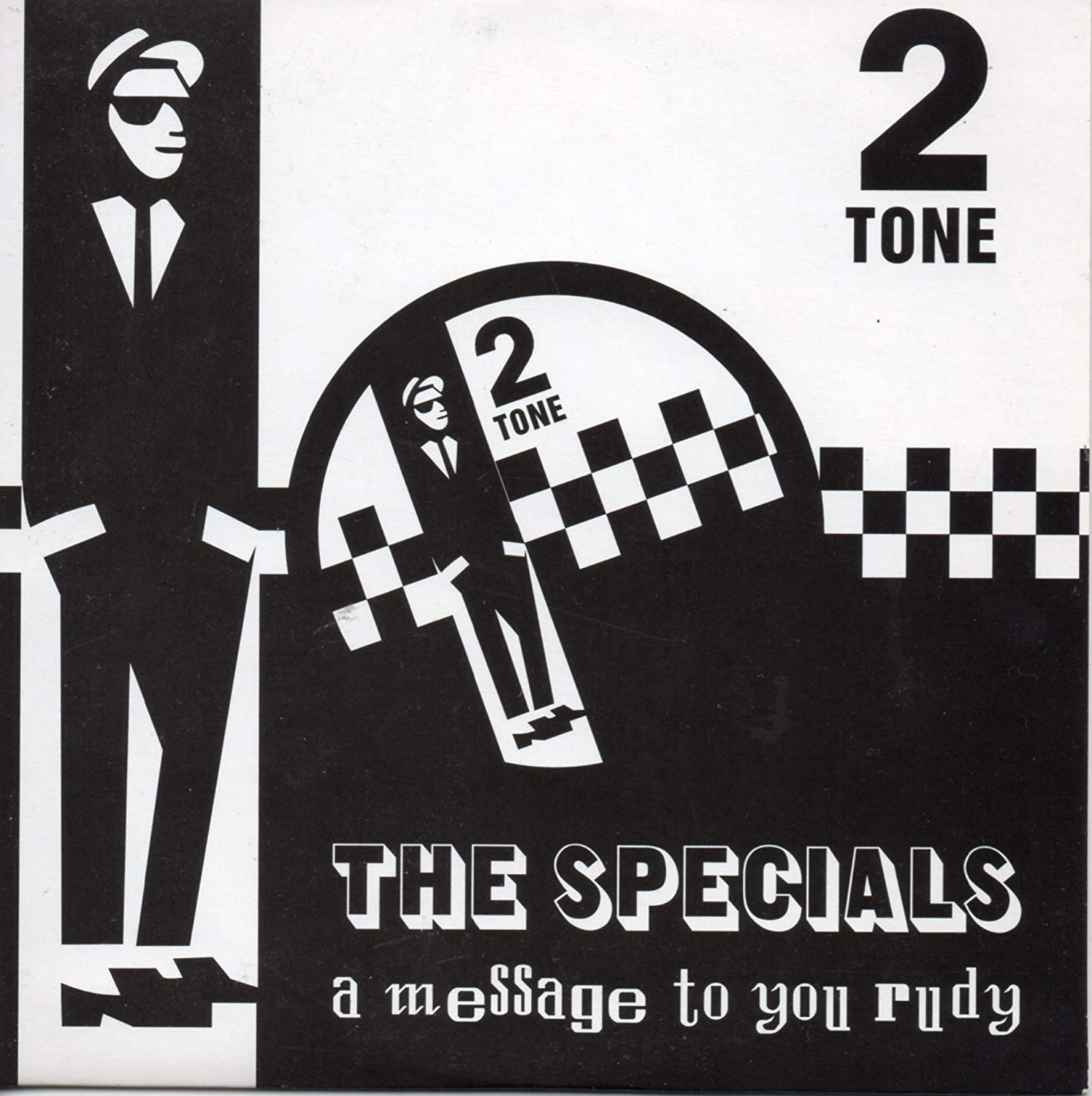
That brings me to the end of another nostalgic breakdown of a beloved classic for another week on the blog, and I thank you for spending a moment of your day with me on the site today. I’ll be back to bringing some new music to your eardrums tomorrow, as we take a light gander on a downtempo soul track by an experimental Toronto-based performance artist and producer whose music encompasses Pop, Indie Rock, Jazz, Neo-Soul and Bossa Nova. She has learned to play several exotic instruments including the Harp, a Pairometer and the Tenori-on. She has shared the stage with the likes of Janelle Monae and Aloe Blacc, and she contributed her vocals to Bob Wiseman’s ‘Giulietta Masina At The Oscars Crying’ that was first issued in 2012.
Connect with One Track At A Time:
